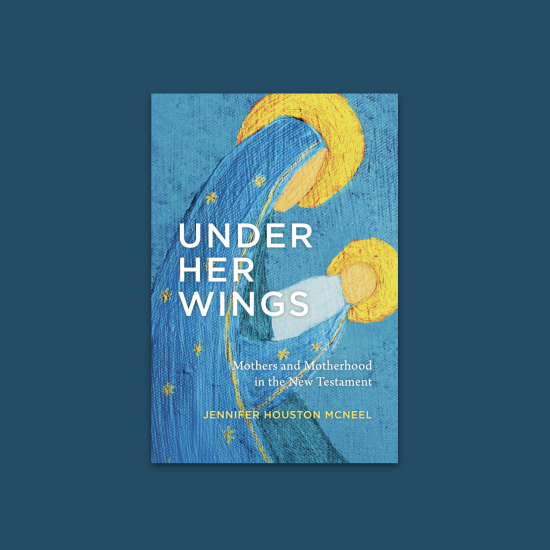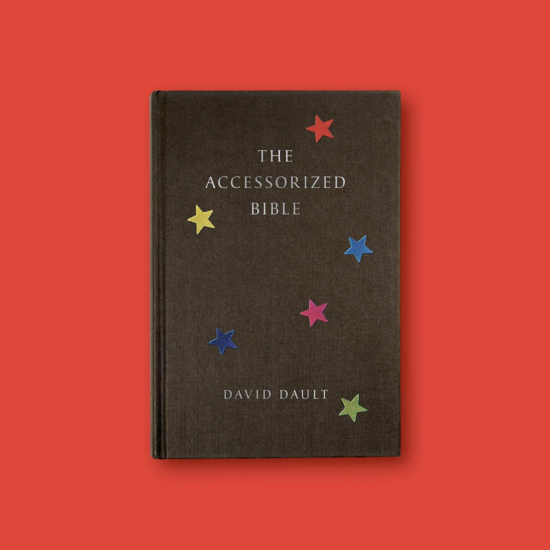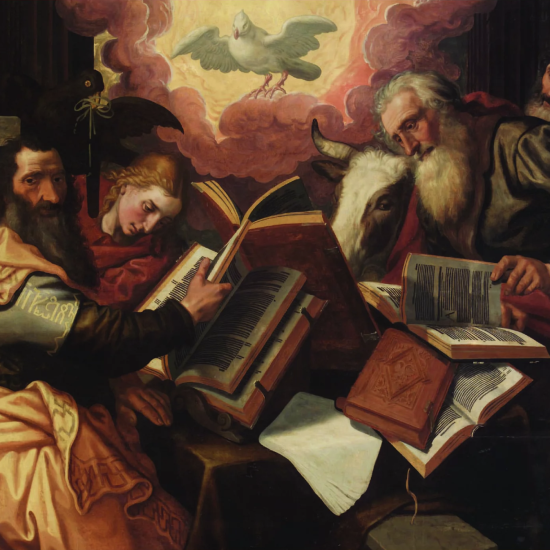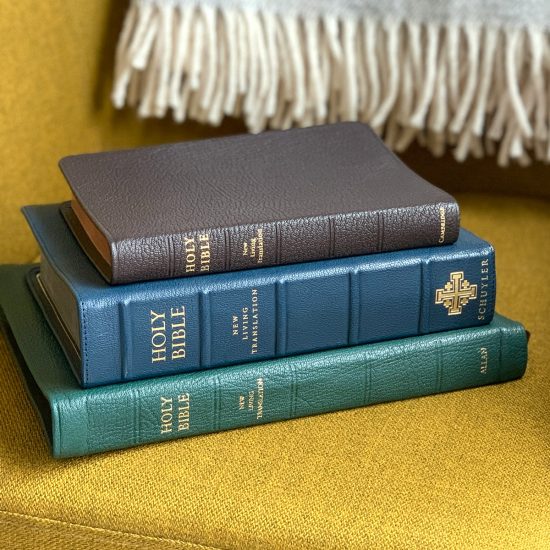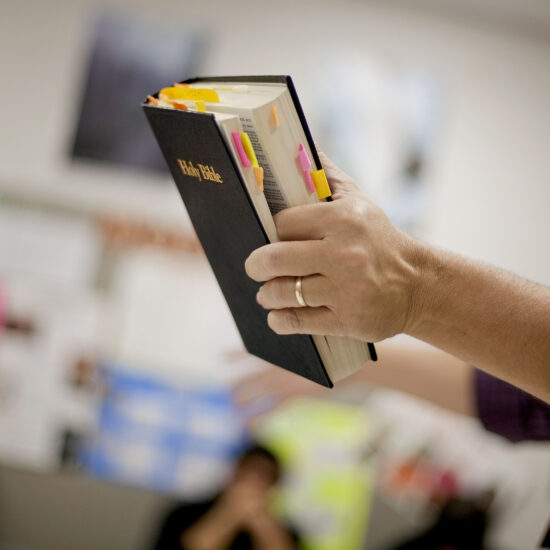PHILADELPHIA (BP) — The Bible tops coffee, social media and sweets as a daily necessity for only 16 percent of the population, according to new research commissioned by the American Bible Society (ABS).
The largest segment of Americans, 37 percent, see coffee as a top essential, the 2018 State of the Bible report said. Dessert topped the list for 28 percent, compared to 19 percent who chose social media.
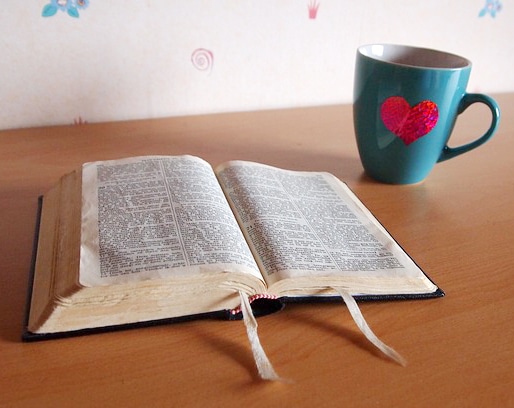 PixabayMore than half of adults, or 58 percent, said they wished they read the Bible more often.
PixabayMore than half of adults, or 58 percent, said they wished they read the Bible more often.
In similar research released by the Pew Research Center, African Americans read the Bible more often than other ethnicities and cite particular comfort in the Exodus account of the Israelites’ deliverance from slavery.
More than half of Christian and non-Christian blacks in the U.S., 54 percent, say they read the Bible at least once weekly outside of religious services, Pew said. The percentage falls to 38 percent for Hispanics and 32 percent for whites.
In the ABS State of the Bible report, Scripture was considered a daily necessity among a small segment of the population researchers judged as “Bible-centered.” Among those approximately nine percent of Americans, 61 percent chose the Bible as more essential than other options. Bible-centered people said the book offers hope and peace.
“The Bible provides the wisdom of the ages for today’s fears, challenges and struggles,” ABS president and CEO Roy Peterson said upon the report’s release. “We are finding the more engaged with the Bible someone is, the more hopeful and peaceful they are.”
State of the Bible
Among 16 percent of Americans the ABS termed “Bible-engaged,” 43 percent chose the Bible as the top daily necessity among choices given, compared to 21 percent of people described as “Bible-friendly.”
The ABS report used 14 questions to determine a respondent’s state of Bible engagement, focusing on how often people read the Bible, how Scripture makes them feel and how it influences their daily behavior.
Researchers deduced that nine percent of the population is Bible-engaged, and 16 percent ranks as Bible-centered. More than half of the population, 54 percent, is described as “Bible-disengaged,” indicating Bible usage either not at all or only once or twice yearly, according to the study accessible at AmericanBible.org. Other population segments are Bible-friendly (15 percent), and Bible-neutral, 5 percent. Barna Research Group conducted the study for ABS.
People relying on coffee, sweets and social media are more fearful today than in the past, researchers found. The largest segment of respondents, 42 percent, said they are more fearful today, with women and millennials registering higher levels of fear than other subsets.
Fear levels were lower among those termed Bible-centered. Among those, 41 percent said they felt peaceful when reading the Bible, and 62 percent said their fear level had not risen in the past five years. A higher level of Bible engagement also signals more hope for the future.
ABS revealed public practices in reading, perceiving and responding to Scripture, looking more closely at such practices in 2018 than in previous reports, the ABS said.
“We are now able to give better context into how Americans are or are not interacting with the Bible and how that impacts their lives,” Peterson said. “We are finding the more engaged with the Bible someone is, the more hopeful and peaceful they are, along with a greater awareness of their need for the Bible.”
Among other statistics the ABS released:
— 89 percent of Bible-centered people and 80 percent of Bible-engaged people believe the book contains all knowledge a person needs to live a meaningful life, compared to 42 percent of the general population;
— 66 percent of Bible-centered and 70 percent of Bible-engaged people believe the Bible has too little influence on U.S. society, compared to 41 percent of Americans in general;
— Americans overwhelmingly believe morality and values are declining in the nation, including 89 percent of the Bible-engaged, 88 percent of the Bible-centered, and 79 percent of the general population.
Barna conducted its research nationwide in two polls, including an online survey of 1,063 adults and a telephone poll of 1,004.
Pew findings among blacks
Pew found that only 24 percent of blacks in the general population seldom or never read the Bible, compared with 50 percent of whites and 40 percent of Hispanics.
But among Protestants, Bible readership among blacks was about the same as readership among white evangelicals. Among historically black Protestants, who comprise over half of the black population, 61 percent read Scripture weekly outside of church, comparable to 63 percent of evangelicals.
Pew released its data May 9, based on an analysis of research conducted in its 2014 Religious Landscape Study of 35,000 Americans in 50 states.

